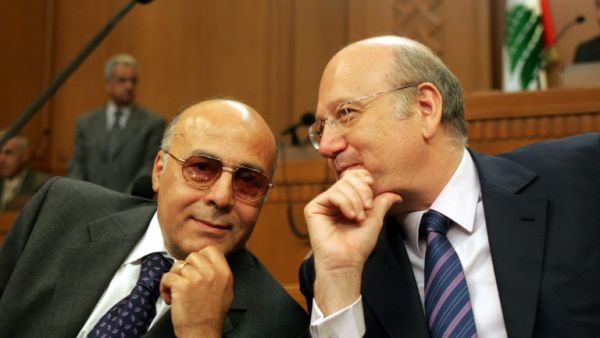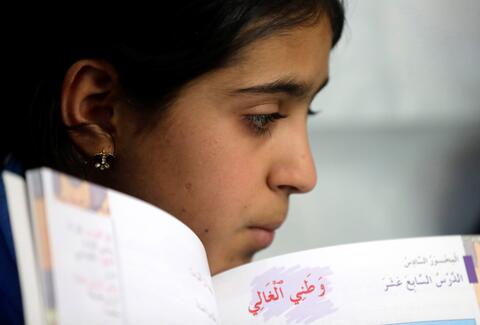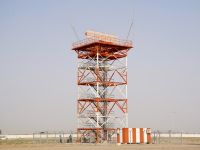Several political sources revealed that Lebanon’s newly appointed Prime Minister-designate Najib Mikati could resign as early as this week if his efforts to reach an agreement with President Michel Aoun on the formation of a new government remain deadlocked.
The same sources, who spoke on condition of anonymity, said that the decision to step down could come despite attempts by Mikati’s team, as well as by President Aoun and his aides, to mitigate the current crisis.
In an interview with Al Hadath, Prime Minister-designate Najib Mikati said that government formation is not an easy process, “but I will not resign, and the government will be formed.” He did not give a timeframe
— L'Orient Today (@lorienttoday) August 27, 2021
Aoun and Mikati, the sources said, were hoping to take advantage of the window of opportunity that was created by French pressures on the various political players.
The same sources also revealed that Mikati was intending to step down after his latest visit to Baabda, but the French convinced him to wait, because they believed that such a move would mean an indefinite continuation of the current crisis in Lebanon, especially in the absence of any possible substitute for Mikati.
Political experts in Lebanon believe that Aoun and his son-in-law Gibran Bassil, also head of the Free Patriotic Movement (FPM), will not give to Mikati what they refused to confer to former Prime Minister-designate Saad Hariri.
Recent news about Mikati’s possible failure to form a new government comes at a time when sources from within the FPM are admitting that current negotiations are back at square one.
Mikati’s decision to quit, if it happens, could repeat a similar move by the head of the Future Movement and former Prime Minister-designate Saad Hariri, who stepped down last July.
Mikati’s presentation of a full lineup to Aoun last Friday is not the result of a real partnership towards forming a new government, sources from within the PMF said.
The same sources considered that former prime ministers had been pushing for control over constitutional powers, noting that if Hariri did so publicly, which led to his decision to step down, then Mikati has been doing so in a more subtle way.
“As long as matters are dealt with in this manner, there will be no government,” a source told The Arab Weekly.
Over the past few days, a sense of optimism about the imminent formation of a government receded following the emergence of new hurdles. Informed sources blame the deadlock on differences regarding the names of some ministers.
#Lebanon’s prime minister-designate, Najib Mikati, says he will not step down for the time being but admits that there are “big hurdles” to be overcome before a new government is formed.https://t.co/HG4V1wknJW
— Al Arabiya English (@AlArabiya_Eng) August 27, 2021
The dispute mostly centres on the selection of interior and justice ministers, according to sources. Mikati insists that the ministers should not be affiliated with any political party, while Aoun has reservations about some of the names proposed by Mikati.
The same sources explained that Mikati also has reservations about some of the names proposed by Aoun.
They noted that the dispute emerged when Mikati suggested names of Christian ministers other than those proposed by Aoun, who eventually rejected Mikati’s selection.
Observers believe that Mikati’s approach stems from his desire to form a new government that can manage the upcoming parliamentary elections to be held in 2022 and negotiate with the World Bank. Aoun and his Free Patriotic Movement, however, are increasingly concerned about losing their political gains, if the upcoming elections are held on time.
Previous prime ministers, including Mikati, have warned Aoun against blocking the formation of a new government, which is currently needed to pull the country out of worsening political and economic crises.
This article has been adapted from its original source.










